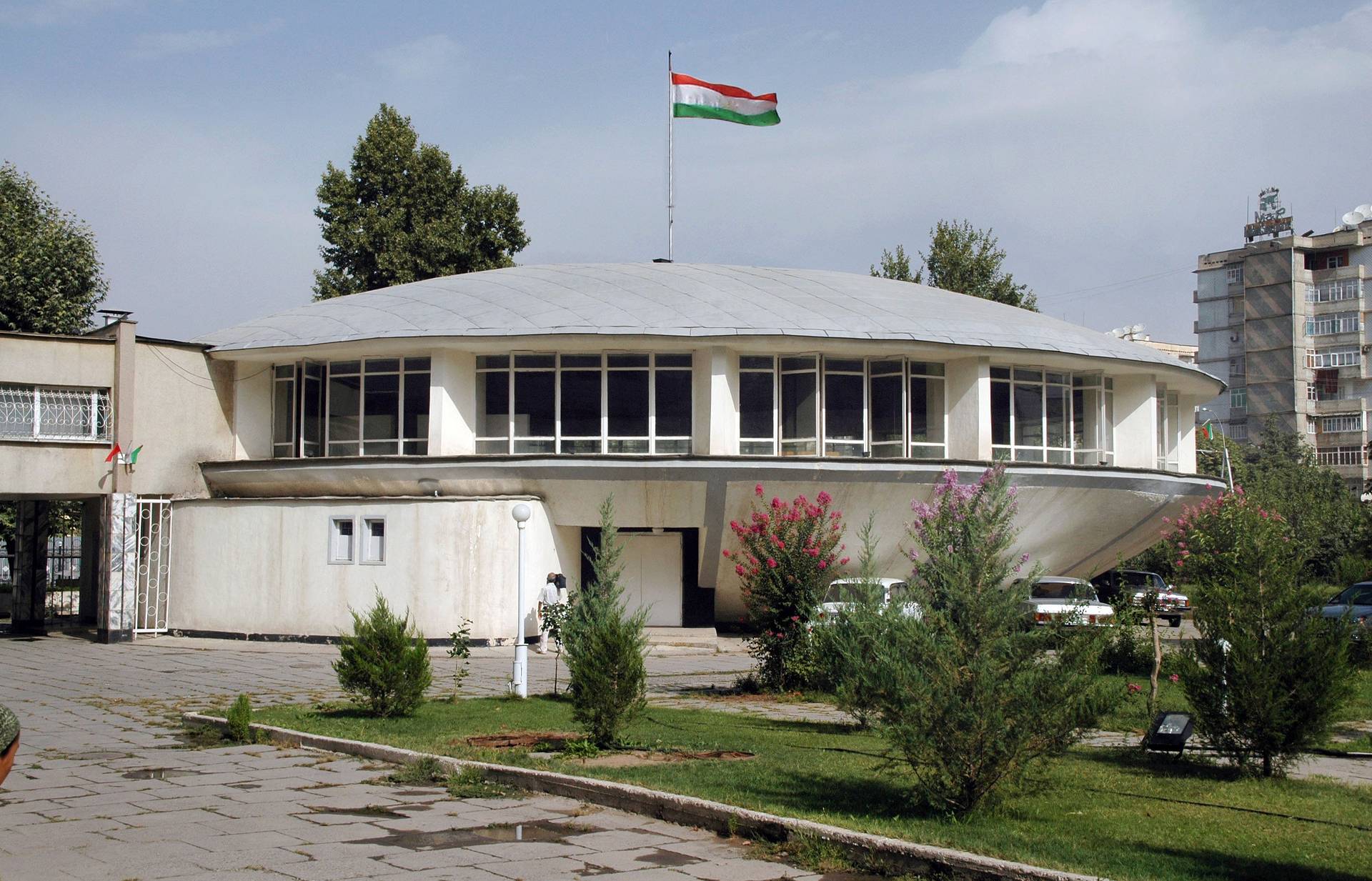The Tajikistan judicial authorities should drop disciplinary proceedings against a judge, initiated immediately after he issued a rare acquittal in a criminal case, the International Commission of Jurists (ICJ) said today. Judges should be free to issue decisions based on law and their personal assessment of facts, the ICJ stressed.
The disciplinary proceedings against Judge Saidakhmadzoda, judge of the Bobojon Gafurov District Court of the Sughd Region, were initiated by the Supreme Court on the request of the General Prosecutor’s Office, on the formal ground that during 2020 and the first five months of 2021, he had handed down five decisions that were overturned by higher courts.
“An independent justice system functioning under the rule of law will necessarily have a fair share of acquittals”, said Temur Shakirov, Senior Legal Adviser for the Europe and Central Asia Programme.“ In Tajikistan, however, judges are expected to follow the line of the prosecution, often rendering the administration of justice in criminal cases a mere formality”.
The Supreme Court of Tajikistan opened a disciplinary case against Judge Saidakhmadzoda, stating that his record of issuing verdicts that were later overturned constituted an “irresponsible attitude and gross violation of the law in the adoption of judicial decisions.” However, according to Judge Saidakhmadzoda himself, all the cases mentioned by the Supreme Court were returned for re-trial, and no final judgements have yet been made on them.
The ICJ underscores that the mere fact that a judge’s judgments are reversed is by itself not a legitimate ground for disciplinary action.
The ICJ considers that such request by the Prosecutor’s Office constitutes direct interference with the work of a judge and as such undermines the independence of the judiciary in Tajikistan.
The UN Basic Principles on the Independence of the Judiciary provide that “the judiciary shall decide matters before them impartially, on the basis of facts and in accordance with the law, without any restrictions, improper influences, inducements, pressures, threats or interferences, direct or indirect, from any quarter or for any reason.”
“Acquittal rates in criminal trials are extremely low in Tajikistan, nearly zero, demonstrating lack of respect for the presumption of innocence and the right to a fair trial by an independent tribunal,” said Temur Shakirov. “This disciplinary process highlights the pressure that Tajikistan judges operate under, and it is counter to the rule of law and international law and standards regarding the independence of the judiciary.”
Background
In its December 2020 report Neither Check nor Balance: the Judiciary in Tajikistan, the ICJ provides a detailed overview of the organization and functioning of the judiciary in Tajikistan, which clearly lacks institutional and functional independence.
Based on the analysis of national and international law, the ICJ found that judges may face reprisals as a result of issuing an acquittal which is one of the reasons why acquittals are so rare. The almost a complete absence of acquittals in Tajikistan courts persists as judges are not in a position to issue rulings independently from the State Prosecution in criminal cases.
As concluded in the ICJ report: “In practice, it appears that full acquittals on all charges are not among the possible decisions that judges are able to adopt at the end of proceedings, at least not without adverse consequences to the judge. An acquittal may lead to disciplinary or other sanctions taken against any judge who would be ‘sufficiently reckless’ to acquit an individual, the mission was told. The ICJ interlocutors stressed that the problem of lack of acquittals is not a problem of individual judges but a systemic one and requires a systemic response.”




